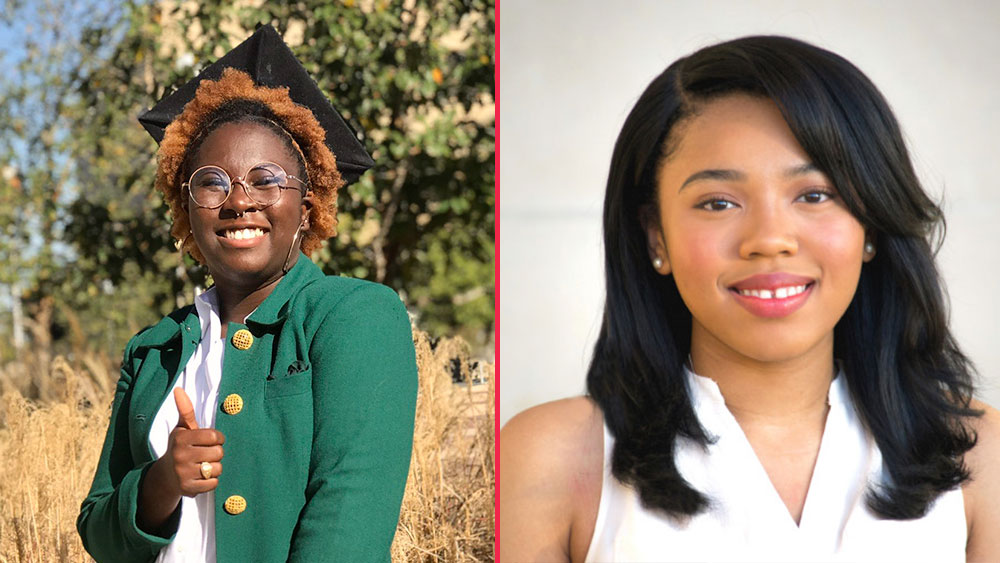
With a goal of achieving a diverse and dynamic workforce by encouraging excellence in engineering and professional development, the National Action Council for Minorities in Engineering (NACME) has offered grants for students to pursue their passions in engineering.
The program delivers up to $3 million in scholarships a year, aiming to encourage representation of underrepresented minorities within the engineering workforce. Graduate student Joene Gileguy-Konan and undergraduate student Stephanie Nguyen-Okwu, who are studying energy and electrical engineering at Texas A&M University respectively, are two recipients of this grant and have found positive impacts from it in more ways than monetary support.
“NACME has allowed me to network with aspirational minorities in engineering,” Nguyen-Okwu said. “This has helped me reinforce the idea that I can achieve anything without forgoing my social identities.”
This aspect of diversity is both something that Nguyen-Okwu and Gileguy-Konan have found important in today’s society. Gileguy-Konan believes that it is incredibly important to the success of the national and global workforce because different perspectives on issues provide more comprehensive solutions.
“I highly enjoy working with people of different backgrounds and skill levels because it is important that you not only challenge and learn from yourself but others as well,” Gileguy-Konan said.
Likewise, Nguyen-Okwu has found that the key to human progress is recognizing diversity’s intrinsic value. Nguyen-Okwu said that diversity is a complementary medium between technological and social development, especially concerning the engineering experience. In her encounters as a minority in a notoriously difficult field, it has not always been easy.
I’ve had people tokenize my presence as a Black woman in engineering. Despite this stereotype, I still recognize my equal merit and strive to excel beyond what is expected of any other engineer.
These experiences show that breaking into the industry with people from different backgrounds and cultures has become even more pressing. Others are similarly aligned with NACME’s mission, which has also become the forefront of many industries.
With a similar global perspective, Gileguy-Konan’s favorite program at Texas A&M is study abroad, which offered her the opportunity to journey abroad several times. With aid from NACME, working and other scholarships, she was able to graduate debt-free and simultaneously gain these unique experiences.
“Being a minority in such a male-dominated, homogeneous field means that you do have to work a little harder to be heard or gain certain opportunities,” Gileguy-Konan said. “I believe that the NACME program provides those opportunities and spaces to hone your professional and social skills to adequately be heard and have more experiences.”
Out of what the program has offered, both Gileguy-Konan and Nguyen-Okwu can agree that the community, with the other NACME scholarship recipients, has been the most worthwhile aspect.
“The program has also improved my ability to take initiative and communicate within my interpersonal relationships,” Nguyen-Okwu said. “My advice for others applying for the program is to always be open-minded and determined to exceed the expectations of others and themselves.”
As society evolves, one thing remains the same, increasing the role of minorities in any field is not a small endeavor. Gileguy-Konan and Nguyen-Okwu are two of the many who are taking this in stride to break down barriers and bring meaning to their role in their fields.
“I hope that there are more minorities in engineering to advocate for conditions that do not contribute to environmental racism and can help solve it over time,” Gileguy-Konan said. “I value this position because I know I am providing a perspective that needs to be heard and I hope more minorities have the opportunity to do so, too.”
This aspiration is one that the NACME program hopes to encourage in students like Gileguy-Konan and Nguyen-Okwu, who set to inspire others and make a change in the world that they live in.